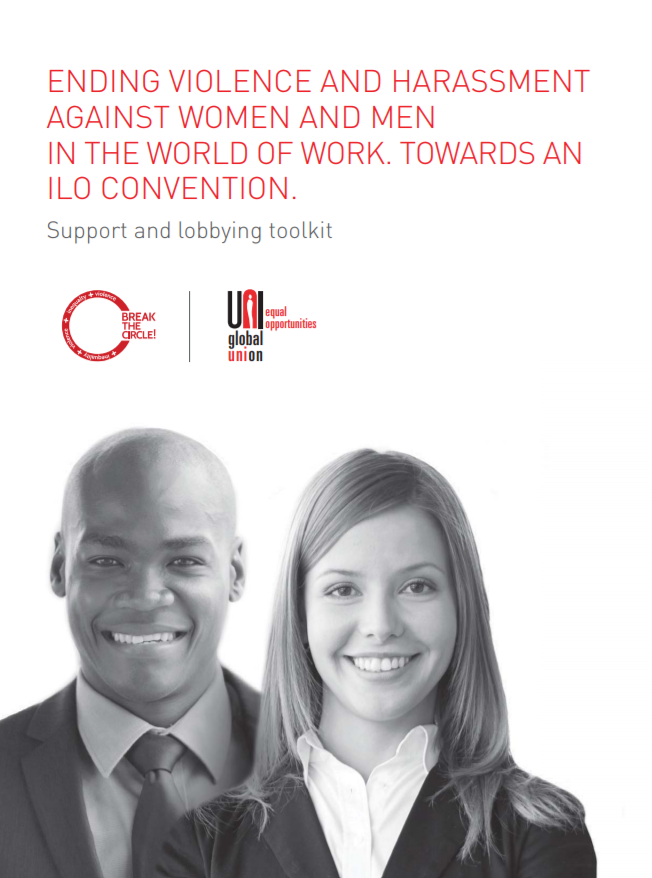
The UN Guiding Principles on Business and Human Rights are a set of guidelines for States and companies to prevent, address and remedy human rights abuses committed in business operations.
They were proposed by UN Special Representative on business & human rights John Ruggie, and endorsed by the UN Human Rights Council in June 2011. In the same resolution, the UN Human Rights Council established the UN Working Group on business & human rights.
HOW TO USE THIS PORTAL
Keep up to date on the latest news on implementation of the UN Guiding Principles. Use the implementation hub for key tools, guidance and examples of uses of the UN Guiding Principles by companies, governments, and others. Navigate the in-depth areas below for background & introductory information; guidance materials; examples of implementation & failure to implement; examples of how NGOs are using the Principles; commentaries on the Principles reflecting diverse viewpoints; lawsuits against companies referring to the Principles; events related to the Principles. Keep up to date on related events, including the UN Forum on Business and Human Rights.
For the original source, please click here.








